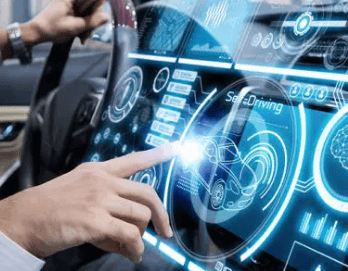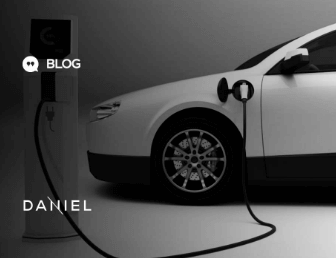Lawmakers Draft Patents Connected Cars Telecom

The ongoing efforts by Lawmakers Draft Patents Connected Cars Telecom, present a significant intersection of technology, innovation, and intellectual property law. As the automotive industry rapidly evolves, the complexities surrounding patent rights and enforcement raise critical questions about the balance between protecting inventors and fostering an environment conducive to collaboration and investment. This legislative initiative promises to reshape the landscape of connected vehicle technology, but its implications for stakeholders—ranging from manufacturers to consumers—remain to be fully understood. What challenges and opportunities lie ahead in this intricate web?
Read also: Lower the Interest Rate
Current State of Lawmakers Draft Patents Connected Cars Telecom
Currently, the landscape of connected cars is characterized by rapid technological advancement and increasing integration of digital features.
Autonomous features enhance user experience, yet they raise significant cybersecurity concerns and data privacy issues.
Regulatory standards are evolving to address these challenges, but infrastructure readiness remains a critical barrier.
As the industry progresses, balancing innovation with security and compliance becomes paramount for sustainable growth.
Role of Patents in Innovation
The advancement of connected car technology necessitates a robust intellectual property framework, particularly through patents, to safeguard innovations and foster further development.
Effective patent enforcement is crucial in providing innovation incentives, encouraging inventors to invest time and resources into creating advanced technologies.
A well-structured patent system not only protects intellectual property but also stimulates competition, ultimately benefiting consumers and enhancing the automotive landscape.

Legislative Challenges and Solutions
Navigating the legislative landscape surrounding connected cars presents significant challenges that demand careful consideration and innovative solutions.
Regulatory hurdles, such as varying state laws and safety standards, complicate the development of cohesive policies. To address these issues, fostering industry collaboration is essential.
Future Outlook for Connected Vehicles
As lawmakers work to address the complexities of connected car legislation, the future outlook for these vehicles is increasingly promising.
Advancements in autonomous technology will enhance driving experiences while prioritizing data security, ensuring user privacy and trust.
With robust regulatory frameworks, the integration of connected vehicles into everyday life could revolutionize transportation, offering greater convenience, safety, and environmental sustainability for consumers seeking freedom in mobility.
Read also: Kevin Foley Jp Morgan
Conclusion
In conclusion, the ongoing Lawmakers Draft Patents Connected Cars Telecom represent a critical step toward fostering innovation and enhancing consumer safety. By establishing clear patent enforcement guidelines, lawmakers aim to navigate the intricate landscape reminiscent of the early days of the internet, where similar challenges in intellectual property were faced. A robust framework will not only protect stakeholders’ interests but also drive investment in advanced automotive technologies, ultimately benefiting consumers in an increasingly connected world.







